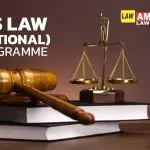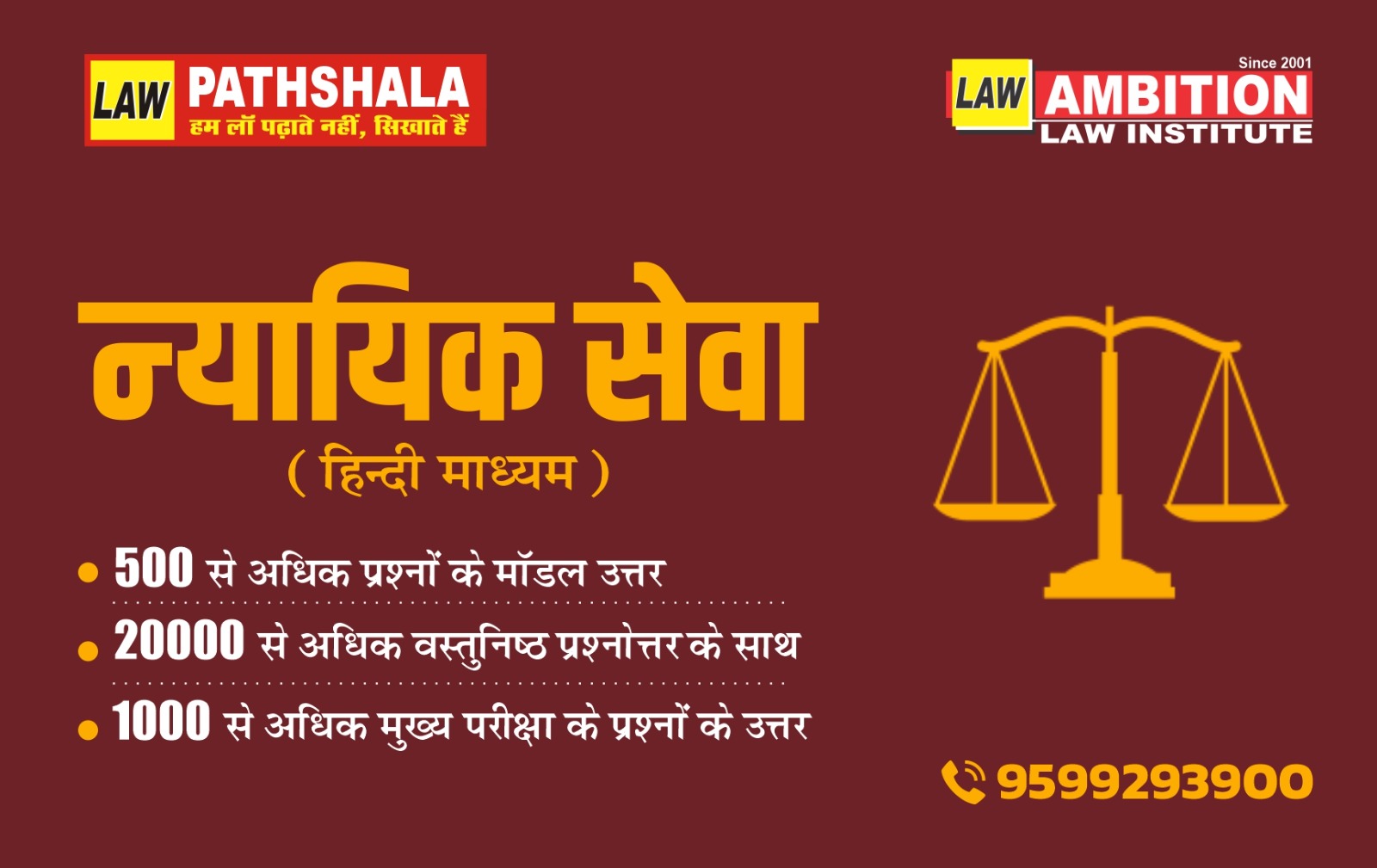IAS LAW | Civil Services (Law Optional)
IAS LAW | Civil Services (Law Optional)

What is Indian Administrative Services (IAS).
The Indian Administrative Service (IAS) was formed in the year of 1946. It is one of the three All India Services.(The other two are Indian Forest Services and Indian Police Services). The cadre controlling authority for IAS is Ministry of Personnel, Public Grievances & Pension, and Department of Personnel & Training. The selected candidates’ training ground is at Lal Bahadur Shastri National Academy of Administration. I.P.S. is trained at Sardar Patel Academy situated at Hyderabad.
Sardar Vallabhbhai Patel is remembered as the “Patron Saint” of India’s civil servants for establishing modern all-India services. In an unprecedented and unrepeated gesture, on the day after his death more than 1,500 officers of India’s civil and police services congregated to mourn at Patel’s residence in Delhi and pledged “complete loyalty and unremitting zeal” in India’s service.
The IAS or Indian Administrative Service is the most preferred career in India. No other career or job can offer you the same power, perks, status, privileges, and job satisfaction as the IAS including the tremendous opportunity offered to contribute positively to the society. The IAS personnel enjoy the levers of power in the Indian administrative setup and occupy some of the most responsible positions in the government.
CANDIDATES ARE ALLOTTED TO THE VARIOUS SERVICES KEEPING IN VIEW THEIR RANKS IN THE EXAMINATION AND THE PREFERENCESEXPRESSED BY THEM FOR THE VARIOUS SERVICES AND POSTS.
| Indian Administrative Service (IAS) | Indian Foreign Service (IFS) |
| Indian Police Service (IPS) | Indian P & T Accounts & Finance Service, Group ‘A’ |
| Indian Audit and Accounts Service, Group ‘A’ | Indian Revenue Service (Customs and Central Excise) Group ‘A’ |
| Indian Defense Accounts Service, Group ‘A’ | Indian Revenue Service, Group ‘A’ (IRS) |
| Indian Postal Service, Group ‘A’ | Indian Civil Accounts Service, Group ‘A’ |
| Indian Railway Traffic Service, Group ‘A’ | Indian Railway Accounts Service, Group ‘A’ |
| Indian Ordnance Factories Service, Group ‘A’ (Assistant Works Manager, Non-technical) |
- 1. Indian Railway Personnel Service, Group ‘A’
- 2. Post of Assistant Security Officer, Group ‘A’ in Railway Protection Force
- 3. Indian Defense Estates Service, Group ‘A’
- 4. Indian Information Service (Junior Grade), Group ‘A’
- 5. Indian Trade Service, Group “A” (Grade-III)
- 6. Indian Corporate Law Service, Group “A”
- 7. Armed Forces Headquarters Civil Service, Group ‘B’ (Section Officer’s Grade)
- 8. Delhi, Andaman & Nicobar Islands, Lakshadweep, Daman & Diu and Dadra & Nagar Haveli Civil Service, Group ‘B’
- 9. Delhi, Andaman & Nicobar Islands,
- 10. Lakshadweep, Daman & Diu and Dadra & Nagar Haveli Police Service, Group ‘B’
- 11. Pondicherry Civil Service, Group ‘B’
- 12. Pondicherry Police Service, Group ‘B’
Functions of IAS Officers
- 1. The Indian Administrative Service (IAS) is the administrative civil service of the Government of India. IAS officers hold key positions in the Union government, state governments and public-sector undertakings.
- 2. Along with the police and forest services, the IAS is one of the three All India Services – its cadre can be employed both by the union government and the states. IAS officers are recruited by the Union government on the recommendation of the Union Public Service Commission (UPSC) and posted under various state governments. The officers carry high respect and stature in the society coupled with the significant task of administering public offices, making it one of the most desirable jobs in India.
- 3. The IAS handles affairs of government, which involves the framing and implementation of policy in consultation with the concerned Minister.
- 4. Implementation of policies calls for supervision and also traveling to the places where the decisions taken are being implemented.
- 5. Implementation entails disbursement of funds, which calls for personal supervision.
- 6. The officers are answerable to the Parliament and State Legislatures for any irregularities that may occur.
- 7. The functions and responsibilities of an IAS officer change at different points of his/her career.
- 8. All the beginning of their career IAS officers join the state administration at the sub-divisional level, as a sub-divisional magistrate, and look after law and order, general administration and development work in the area under their charge.
- 9. The post of the District Officer variously known as District Magistrate, district Collector or Deputy Commissioner is the most prestigious an identifiable post held by the members of the service.
- 10. At the district level, these officers are mainly concerned with district affairs, including implementation of developmental programmes.
- 11. During the normal course of a career, the officers also serve in the State Secretariat or as Heads of Departments or in Public Sector Undertakings.
- 12. Officers may move from positions at the State, under deputation, to the Centre and back again.
- 13. At the top of the hierarchy of IAS officers at the Centre is the Cabinet Secretary followed by Secretary/Additional Secretary, Joint Secretary, Director, Deputy Secretary and Under Secretary. These posts are filled according to seniority.
- 14. The main work of IAS officers at the Centre, involves formulation and implementation of policies pertaining to a particular area e.g., finance, commerce, etc.
- 15. In the process of policy formulation and decision making, officers at various levels like joint secretary, deputy secretary make their contributions and the final shape to the policy is given or a final decision is taken with the concurrence of the minister concerned or the cabinet depending upon the gravity the issue.
Public Service Commission
Provisions regarding the Public Service Commissions are provided in Articles 315 to 323 of the constitution of India. The Article says that there shall be a Public Service Commission (UPSC) for the Union and Public Service Commissions for the States (SPSC). The SPSC is created, like UPSC, directly by the Constitution; a Joint State Public Service Commission (JSPSC) can be created by an act of the Parliament on the request of the Legislature of the State concerned. The UPSC can also serve the needs of a State on the request of the State Governor and with the approval of the President of India. The UPSC is the central recruiting agency in India. It is an independent Constitutional body in the sense that it is directly created by the Constitution of India. The members of the UPSC and the SPSCs are to be appointed by the President and the Governor respectively. The Constitution visualizes the Union Public Service Commission to be the ‘Watchdog of merit system’ in India. The function of the UPSC is to advise, not to decide.
Eligibility
The candidate must hold a degree of any of Universities incorporated by an Act of the Central or State Legislature in India or other educational institutions established by an Act of Parliament or declared to be deemed as a University under Section 3 of the University Grants Commission Act, 1956, or possess an equivalent qualification.
Age limit:
The candidates should not be aged less than 21 years and not more than 32 years. In case of candidates belonging to SC/ST category, the upper age limit is relaxable up to five years. In case of OBC the upper age limit is relaxable up to three years.
Number of attempts:
The candidates can apply to a maximum of six times. The candidates belonging to OBC category can apply for a total of nine times.
This restriction on the number of attempts will not apply in case of Scheduled Caste and Schedule Tribe candidates.

Judicial services Examination
Courses Offered


All India Law Entrance Test (AILET) What is AILET ...

न्यायिक सेवा ( हिन्दी माध्यम )
निदेशकीय संदेश न्यायिक सेवा ( हिन्दी माध्यम ) JUD...

Integrated Judicial Courses 2024-25 As the name it...

IAS LAW | Civil Services (Law Optional)
What is Indian Administrative Services (IAS). The ...

